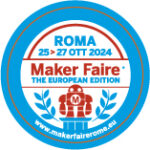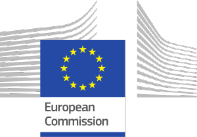Collective Intelligence Increases Diagnostic Accuracy in a General Practice Setting

A new publication from the HACID project shows that pooling the independent decisions of General Practitioners (GPs) increases diagnostic accuracy.
Diagnostic errors are prevalent in clinician practice. GPs are usually the first contact point between patients and specialists, performing a key role in the early detection of diseases. Thus, decreasing diagnostic errors in a GP setting is key for improving patient outcomes.
The study uses two previously published datasets. In one dataset, 260 GPs independently diagnosed 9 patient cases in a vignette-based study. In the other dataset, 30 GPs independently diagnosed 12 patient actors in a patient-facing study. In this study, members of the HACID team aggregated these independent responses of GPs to arrive at a collective diagnosis. The results show that, for both datasets, combining the decisions of multiple GPs increases diagnostic accuracy. The benefits were highest when weighing all diagnoses equally. Giving more weight to the diagnoses of more confident or more senior GPs was not as effective.

Additionally, the study investigated how the benefits of such a collective intelligence approach compared to the benefits of individual GPs using a Decision Support System (DSS) during their diagnostic process. This comparison showed that there can be synergy between DSS and collective intelligence, with the highest performance occurring when combining the decisions from GPs that used a DSS during their diagnostic process.

To conclude, combining independent diagnoses may substantially improve GP’s diagnostic accuracy and subsequent patient outcomes. This approach did, however, not improve accuracy in all patient cases. Future work will focus on understanding the conditions under which it is beneficial (or not) to pool independent diagnoses in open-ended medical diagnostics.










